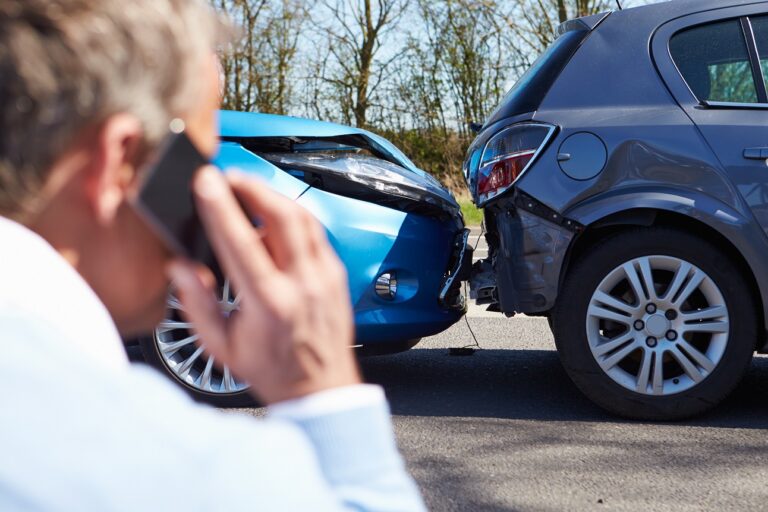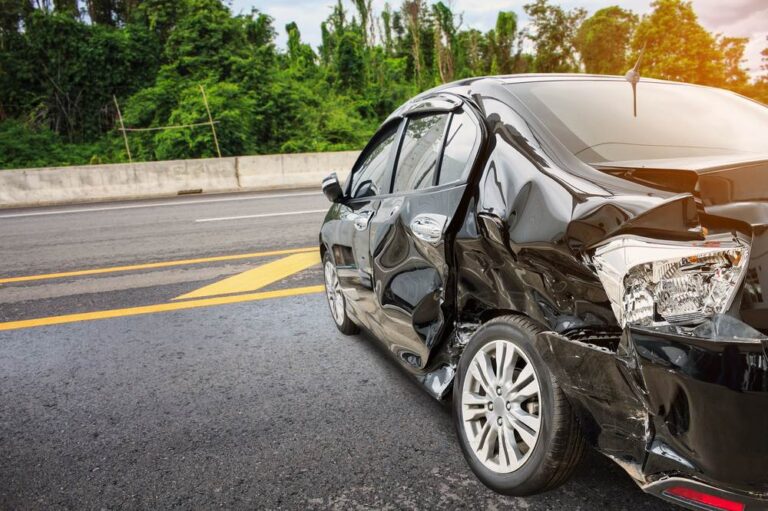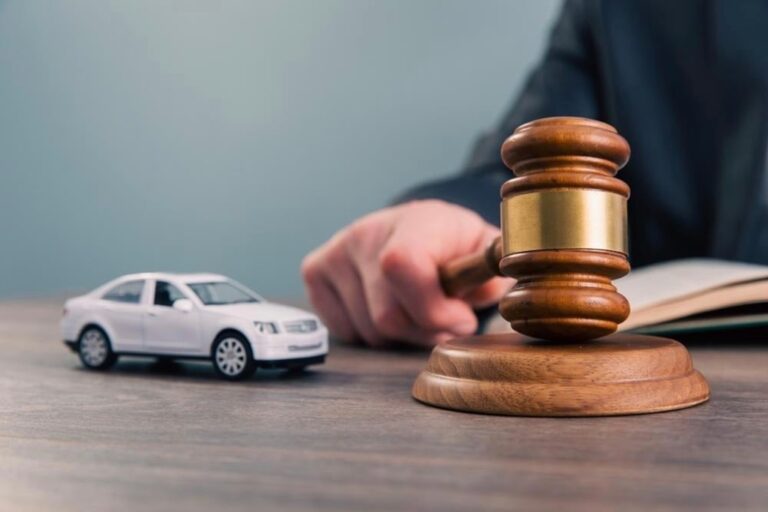Filing a Personal Injury Claim After a Georgia Motorcycle Accident
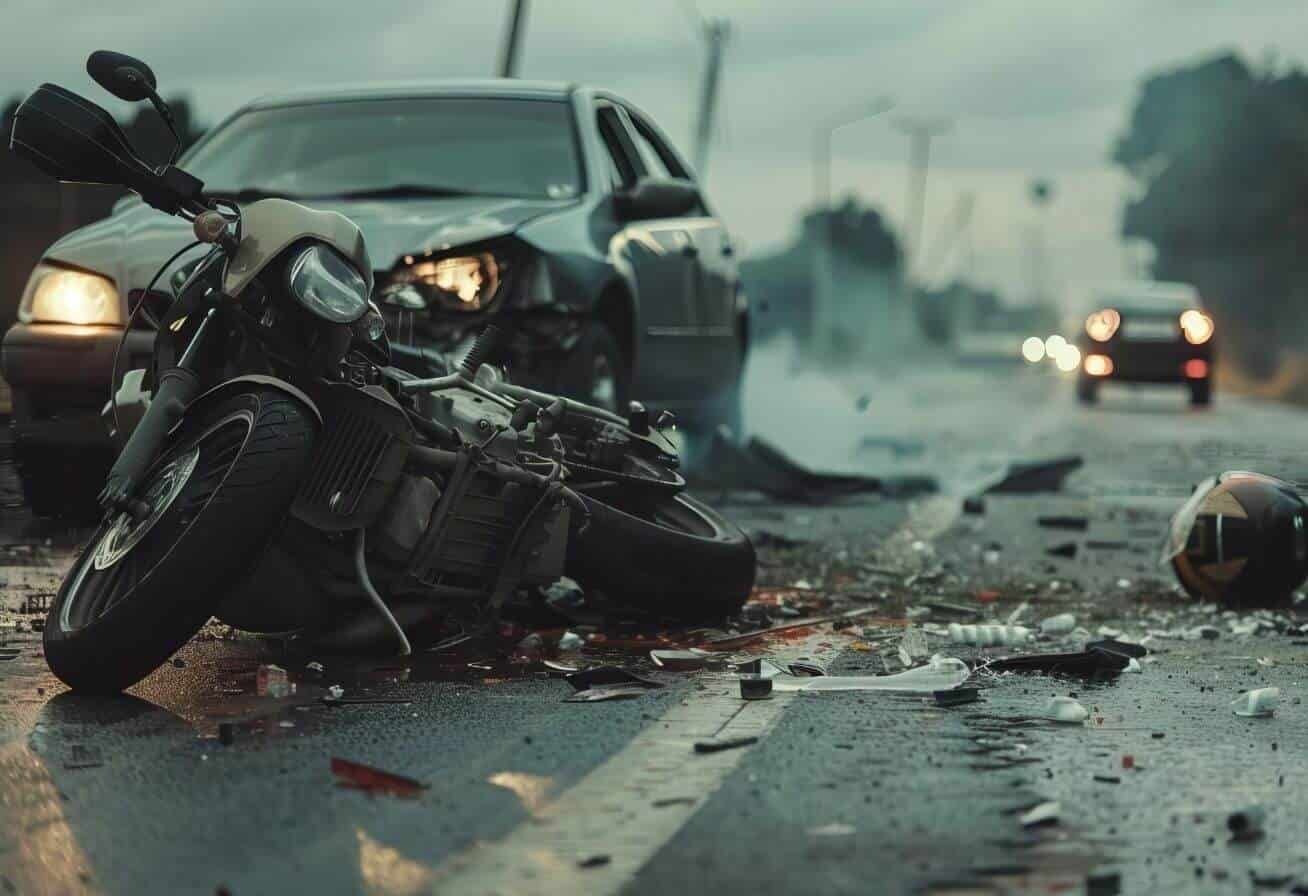
Motorcycle accidents are among the most dangerous types of collisions, often resulting in severe injuries or even fatalities. Unlike car occupants, motorcyclists lack the physical protection of an enclosed vehicle, leaving them vulnerable to significant harm. If you’ve been injured in a motorcycle accident in Georgia due to another party’s negligence, you have the right to file a personal injury claim to seek compensation for your losses.
This article will guide you through the process of filing a personal injury claim after a Georgia motorcycle accident, including the steps you should take, the challenges you may face, and how to maximize your compensation.

1. Common Causes of Motorcycle Accidents in Georgia
Understanding the causes of motorcycle accidents can help you establish negligence in your personal injury claim. Some of the most common causes include:
- Distracted Driving: Drivers who are texting, eating, or using GPS often fail to notice motorcyclists.
- Failure to Yield: Many drivers neglect to yield the right of way at intersections or during lane changes.
- Speeding: Excessive speed reduces reaction time, increasing the likelihood of collisions.
- Driving Under the Influence: Alcohol and drugs impair a driver’s ability to operate safely.
- Poor Road Conditions: Potholes, loose gravel, and uneven surfaces can be particularly dangerous for motorcyclists.
- Vehicle Blind Spots: Motorcycles are smaller and can easily be overlooked in a vehicle’s blind spot.
Identifying the cause of your accident is critical to proving liability and holding the at-fault party accountable.
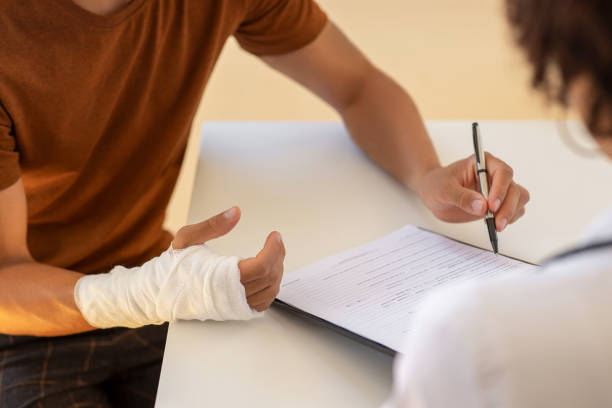
2. Steps to Take Immediately After a Motorcycle Accident
Taking the right steps after a motorcycle accident can protect your health and strengthen your personal injury claim:
- Seek Medical Attention:
Your health should be your top priority. Even if your injuries seem minor, get a thorough evaluation, as some injuries—like concussions or internal bleeding—may not be immediately apparent. - Call the Police:
Report the accident to law enforcement. A police report is an essential piece of evidence when filing a personal injury claim. - Document the Scene:
- Take photos of the accident scene, including damage to your motorcycle, the other vehicle(s), road conditions, and any visible injuries.
- Collect contact information for witnesses.
- Exchange Information:
Get the name, contact details, insurance information, and license plate number of the other driver(s) involved. - Avoid Admitting Fault:
Do not make statements that could be interpreted as admitting fault. Stick to the facts when speaking to police, witnesses, or insurance adjusters. - Consult a Motorcycle Accident Lawyer:
An experienced attorney can guide you through the claims process and help you avoid common pitfalls.

3. Determining Liability in a Motorcycle Accident
To successfully file a personal injury claim, you must prove that another party was responsible for the accident. This typically involves showing that the at-fault driver acted negligently.
In Georgia, negligence is established using four key elements:
- Duty of Care: The at-fault driver had a duty to operate their vehicle safely and responsibly.
- Breach of Duty: The driver violated this duty through actions like speeding, texting, or failing to yield.
- Causation: The breach of duty directly caused the accident and your injuries.
- Damages: You suffered measurable losses, such as medical bills, lost wages, or pain and suffering.
An attorney can investigate the accident, collect evidence (like witness statements, traffic camera footage, and police reports), and build a strong case to prove liability.

4. Common Injuries in Georgia Motorcycle Accidents
Motorcycle accidents often lead to serious, life-altering injuries, such as:
- Traumatic Brain Injuries (TBI): Even with a helmet, head injuries are common.
- Spinal Cord Injuries: These can lead to paralysis or long-term disabilities.
- Broken Bones and Fractures: Arms, legs, and ribs are especially vulnerable in a crash.
- Road Rash: Severe skin abrasions that can lead to infection or scarring.
- Internal Injuries: Damage to organs and internal bleeding are common in high-impact collisions.
- Soft Tissue Injuries: Sprains, strains, and whiplash can cause long-term pain.
Documenting these injuries through medical records is crucial for securing compensation.
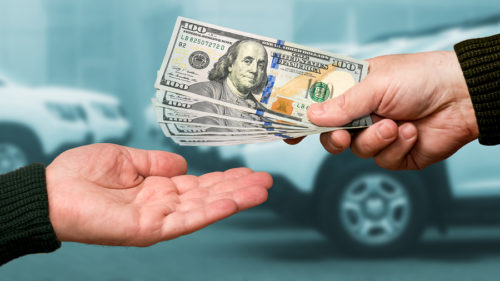
5. Compensation You Can Seek in a Motorcycle Accident Claim
If you’ve been injured in a motorcycle accident, you may be entitled to compensation for:
- Economic Damages:
- Medical expenses (past, present, and future)
- Lost wages or loss of earning capacity
- Property damage (repair or replacement of your motorcycle)
- Non-Economic Damages:
- Pain and suffering
- Emotional distress
- Loss of enjoyment of life
- Disfigurement or scarring
- Punitive Damages:
In cases involving extreme negligence (e.g., a drunk driver), punitive damages may be awarded to punish the at-fault party and deter similar behavior.
Your attorney will calculate the full extent of your losses to ensure you seek a fair settlement.
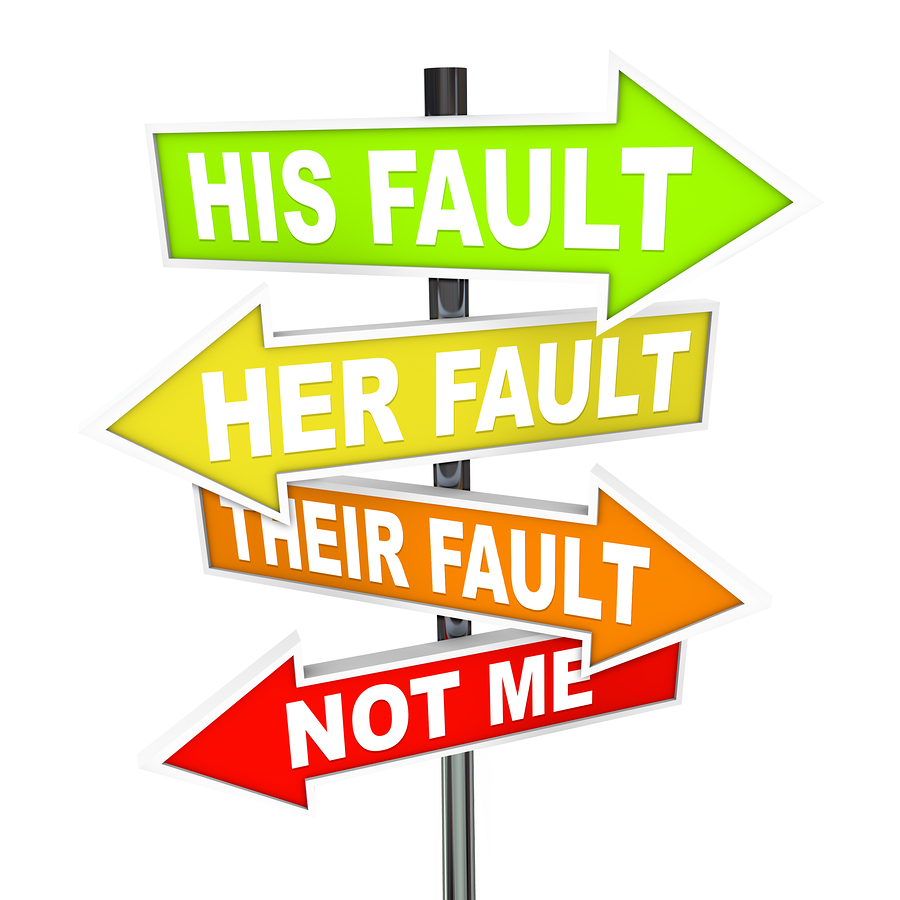
6. Georgia’s Comparative Fault Law
Georgia follows a modified comparative fault rule, which means you can still recover compensation if you were partially at fault for the accident—as long as your fault is less than 50%. However, your compensation will be reduced by your percentage of fault.
Example:
If you are awarded $100,000 but found to be 20% at fault, your compensation will be reduced to $80,000.
This law makes it essential to work with an experienced attorney who can minimize any fault assigned to you.
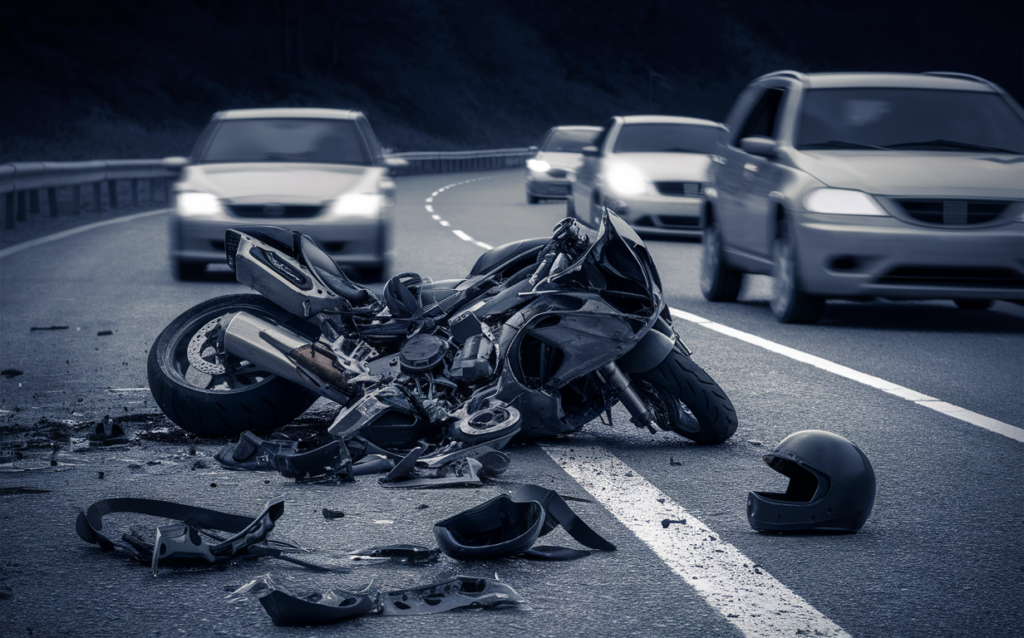
7. Challenges Motorcycle Accident Victims Face
Motorcycle accident victims often face unique challenges when filing claims:
- Bias Against Motorcyclists: Insurance companies and juries sometimes stereotype motorcyclists as reckless or irresponsible.
- Severe Injuries: High medical bills and long recovery periods can add pressure to accept low settlements.
- Insurance Disputes: Insurance companies may dispute liability or the extent of your injuries to avoid paying full compensation.
An attorney can counter these challenges by presenting strong evidence and advocating for your rights.

8. Why You Need Car Wreck Cowboys
Navigating a personal injury claim on your own can be overwhelming, especially while recovering from injuries. Car Wreck Cowboys can:
- Investigate the accident and gather evidence
- Handle communications with insurance companies
- Negotiate for maximum compensation
- Represent you in court if necessary
At Car Wreck Cowboys, we understand the unique challenges motorcycle accident victims face. We’ll fight to hold the at-fault party accountable and ensure you receive the compensation you deserve.
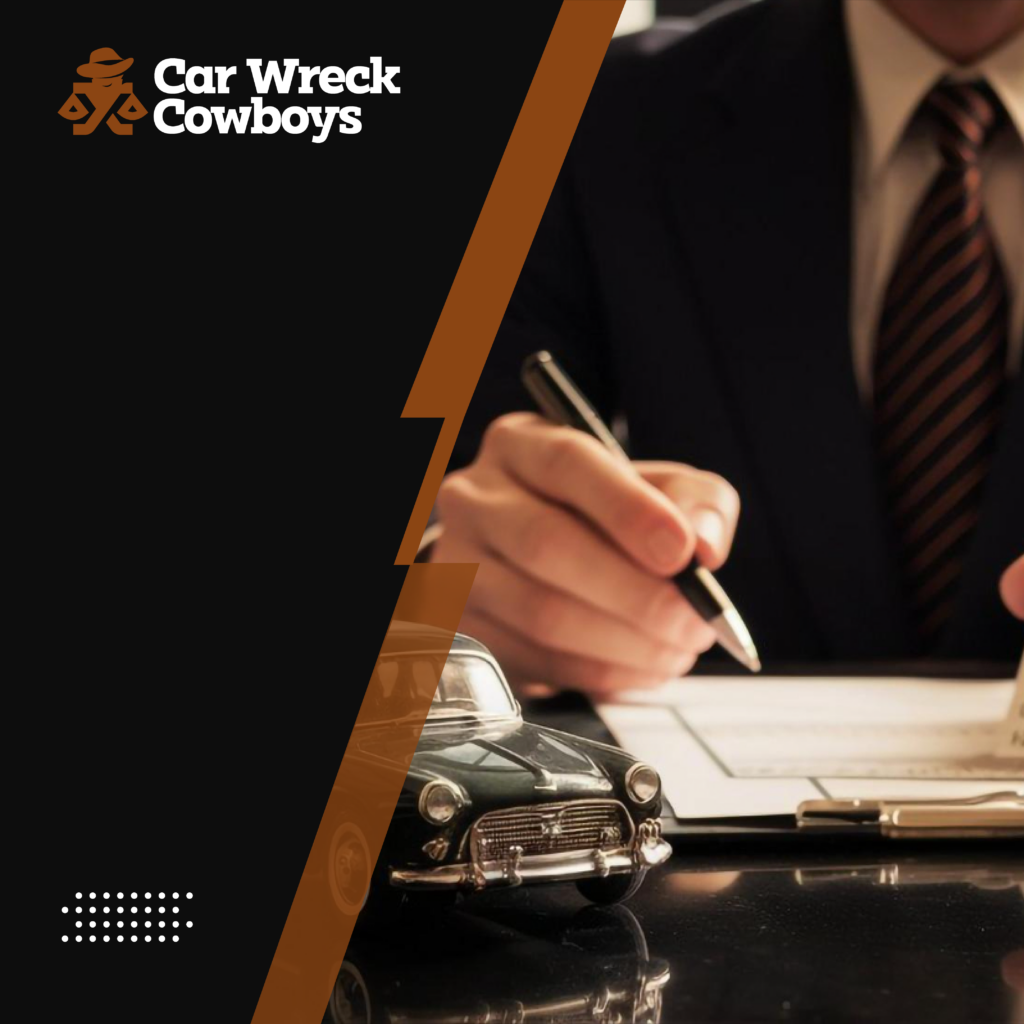
9. Final Thoughts: Protect Your Rights After a Georgia Motorcycle Accident
Filing a personal injury claim after a motorcycle accident in Georgia can be complex, but you don’t have to navigate the process alone. By understanding your rights, taking the appropriate steps after the accident, and working with a skilled attorney, you can focus on your recovery while pursuing the compensation you deserve. If you’ve been injured in a motorcycle accident, don’t wait to take action. Contact Car Wreck Cowboys today for a free consultation and let our experienced legal team fight for your rights.



